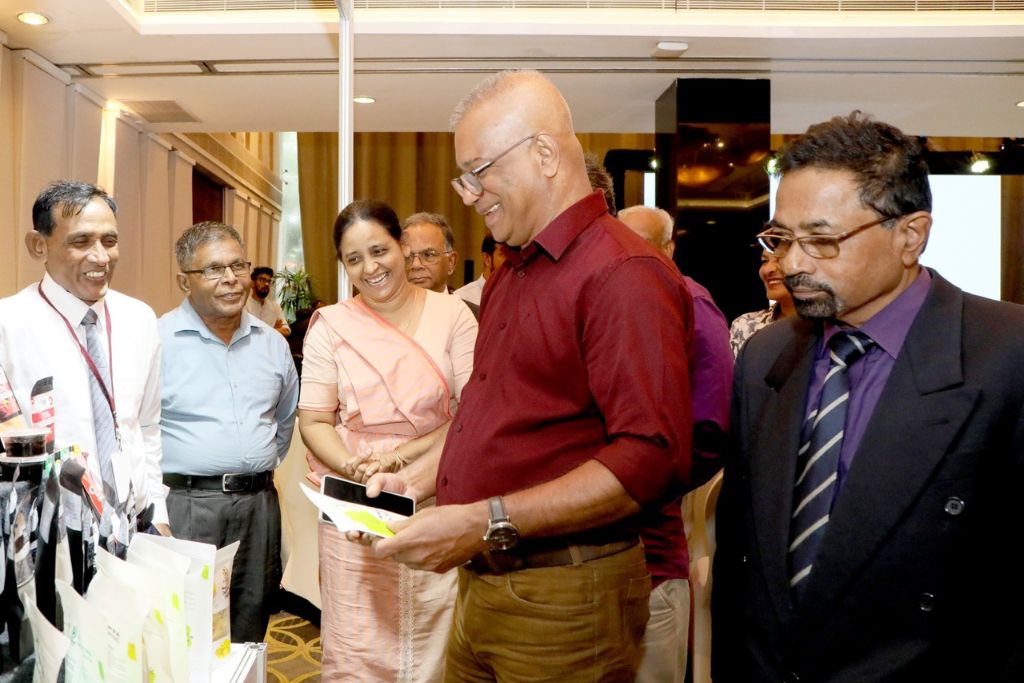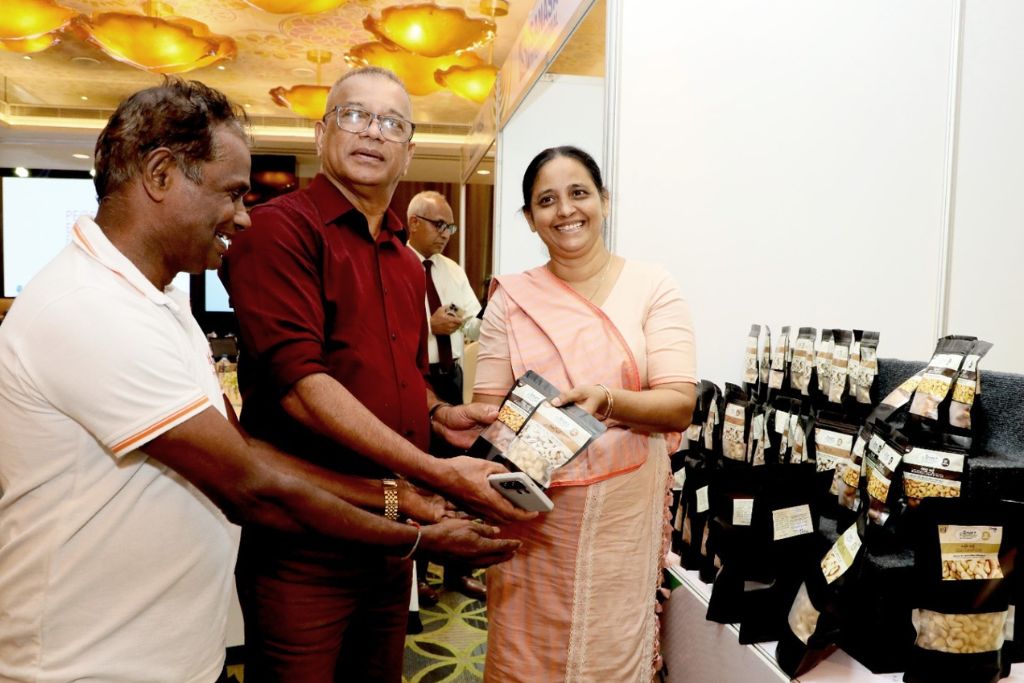The People’s Economic Forum organized by the SANASA Movement was held recently (26) at the Colombo Hilton Hotel, chaired by the Minister of Agriculture, Livestock, Land, and Irrigation, Hon. K. D. Lalkantha.
The theme of this year’s People’s Forum was “Building Sustainable Communities.” Under this theme, Professor Gamini Senanayake delivered his lecture. He emphasized that the existing tool for achieving sustainability is co-operation. By gathering farmers and establishing co-operative farmers’ societies, the rural economy can be uplifted. Social capital is the foundation of co-operative societies. A significant amount of social capital is created when communities unite. The professor stressed that if a sustainable community is built together, not individually, sustainable development can be achieved.
“We need farmers’ companies instead of multinational corporations ”
Minister Lalkantha’s Address, Minister K. D. Lalkantha, who joined as the Chief Guest, addressed the forum, stating:
“Our government’s philosophy is Economic Democracy. We know about political democracy, but we don’t know about economic democracy. Economic democracy means that every citizen in the country must be connected to the national economy. Furthermore, those who are connected must receive their fair share. Economic democracy has not been implemented in our country for this long. Even though the farming community is connected to the economy, they have not received their fair share.
The co-operative concept is essential for economic democracy to succeed.
We faced a problem at the Food Security Committee, which was the issue of big onion farmers. The cost of cultivating big onions is high, but the price of imported big onions is low. The import tax on a kilogram of big onions was Rs. 10. The farmers had requested that the tax be increased. Accordingly, we increased the tax by Rs. 50. However, it did not benefit the farmer; it benefited those who had stockpiled the produce. Another proposal then emerged: the government should purchase the produce directly based on a calculation that ensures the farmer makes a profit. If the co-operative system is strengthened, relief can be given to the person who needs the relief. This was a problem because there was no purchasing mechanism. If the co-operative system existed, this problem would be solved. It is difficult to find a solution to farmers’ problems without going down to the grassroots level through the co-operative process.


The co-operative system must be strengthened for economic democracy to succeed. This is vital for the government. Although the government is the ‘Compass’ (a reference to the new political movement), the state apparatus is still the old one. The government has the power to direct the state, but it is not an easy task. The state is still accustomed to an outdated culture. Working within it is a huge challenge for us.
There is enormous power and strength in working together rather than individually. That collectiveness is in our genes as well. We need the solidarity of the farmers. We need farmers’ companies instead of multinational corporations. Let’s work together and make this effort a success.”
The event was attended by high-ranking officials of the SANASA Movement.